Programme
Dialogue Between the Arts
By late 1970s, Godard’s leftist utopia has become a lost paradise and the world inevitably entered into a time of late capitalism and globalisation. Godard felt the need to return to mainstream cinema, making films with stars and participating in film festivals. Though generally neglected or misunderstood, many of Godard’s second wave films are honest, sophisticated and humorous – with the narratives being more distilled and forms more abstract, and frequently starring himself as a ‘grumpy old fool’. With the burgeoning of postmodernism, most mainstream critics tended to dismiss his work as opaque and pretentious, even considered his talent exhausted.
From Every Man for Himself to Woe is Me, his use of film language is even more facile and proficient, yet no less inventive or rewarding than the lightweight, freewheeling works from his first period, although not as immediately gratifying or digestible. Nevertheless, he began to delve into intertextual analysis, putting cinema in relation to literature, painting, and music, but still managed to enrage the Catholic Church with Hail Mary, responded to the Cold War with Germany Year 90 Nine Zero, even reflected on the French New Wave in New Wave. He never ceased to experiment with film language, which gave us the impression that he could keep on innovating forever.

Every Man for Himself (a.k.a. Slow Motion)
Read more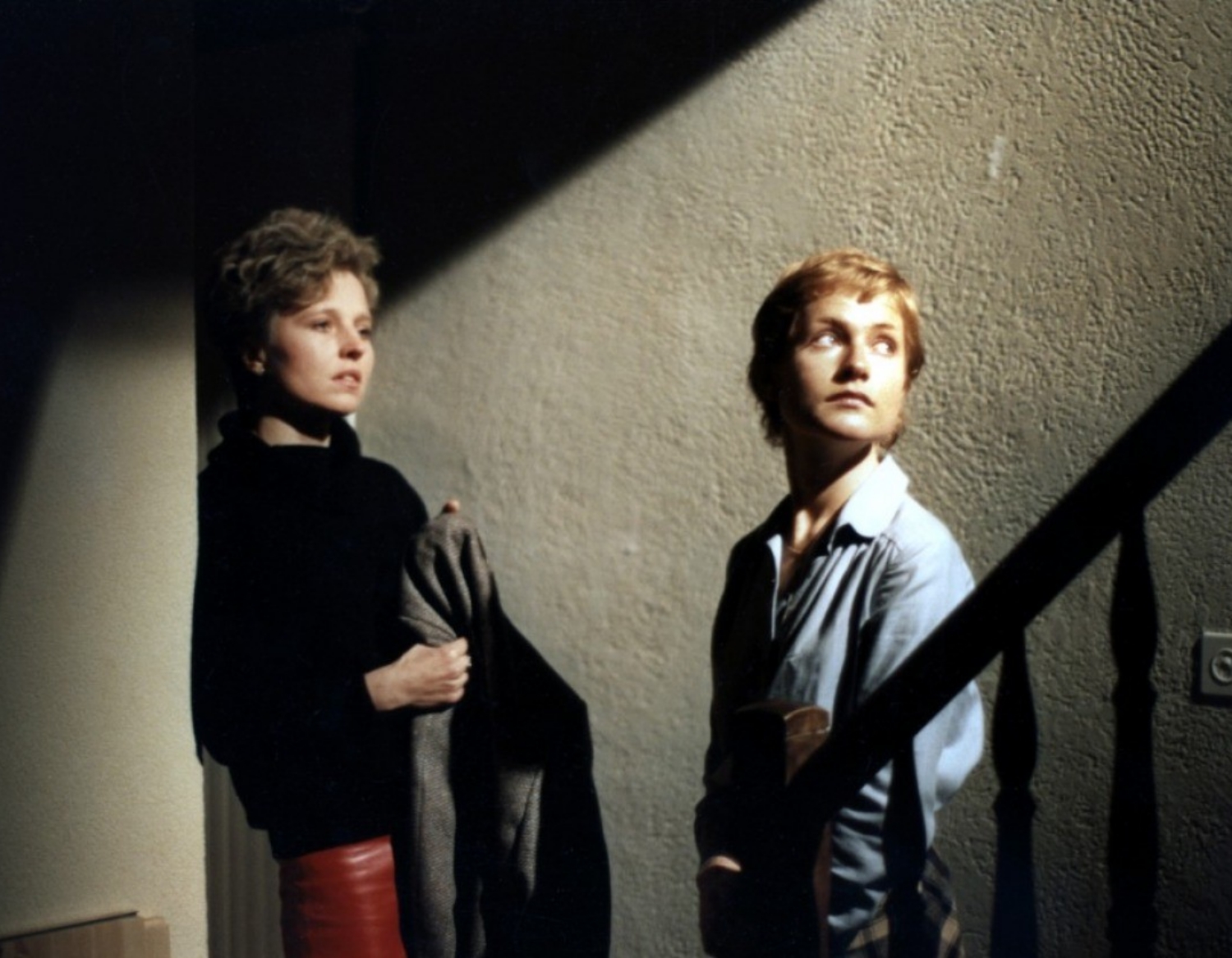
Passion
Read more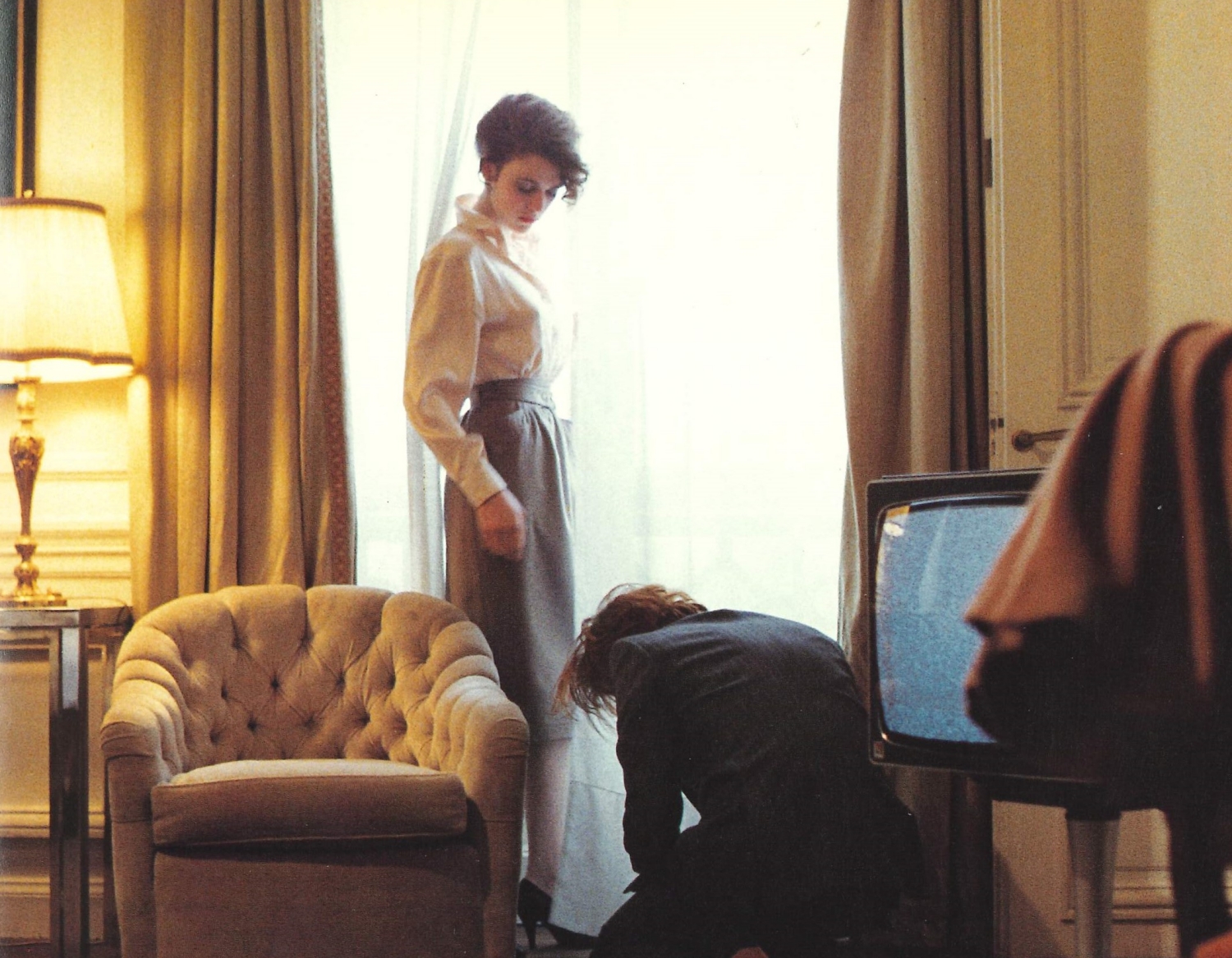
First Name: Carmen
Read more
Hail Mary
Read more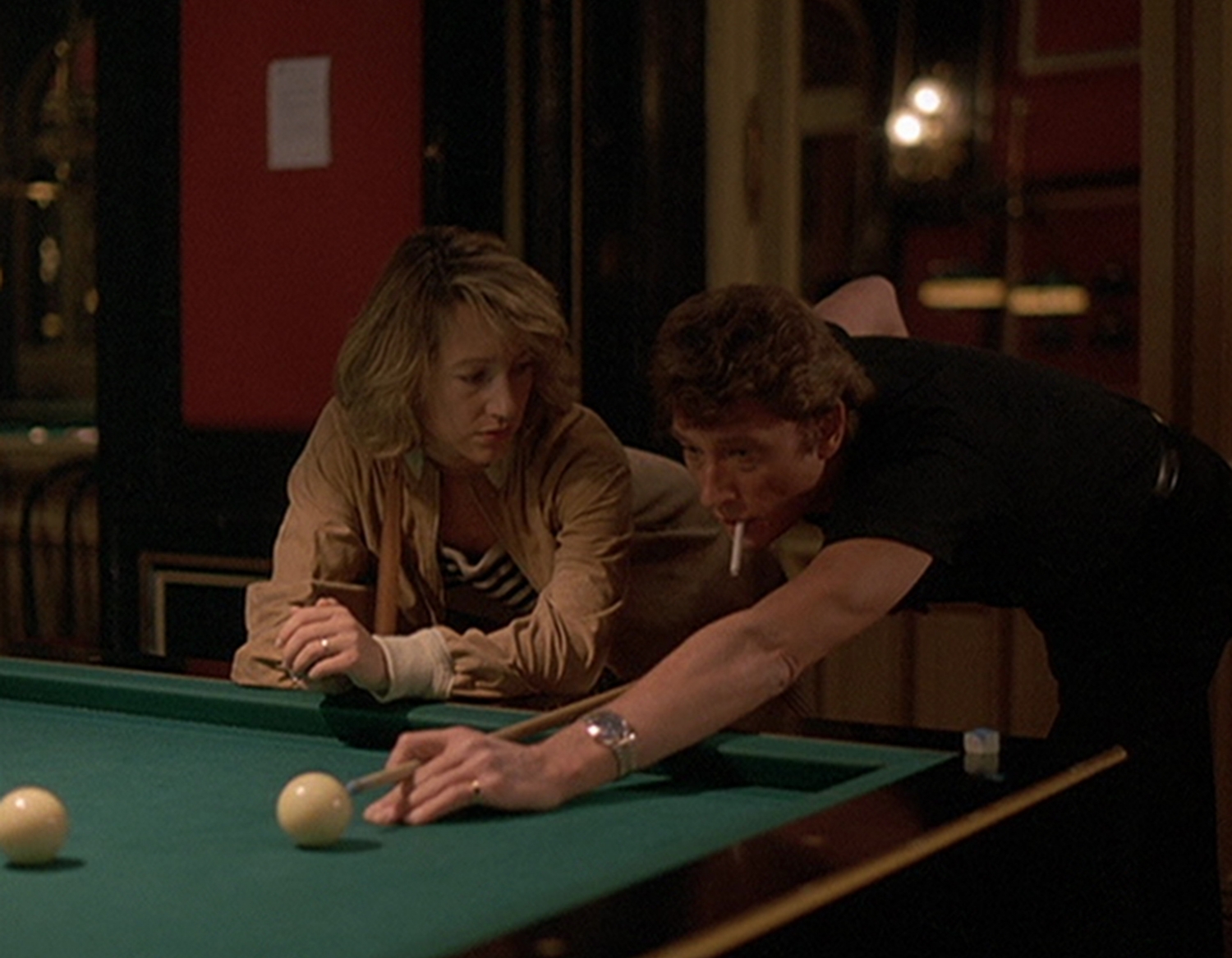
Détective
Read more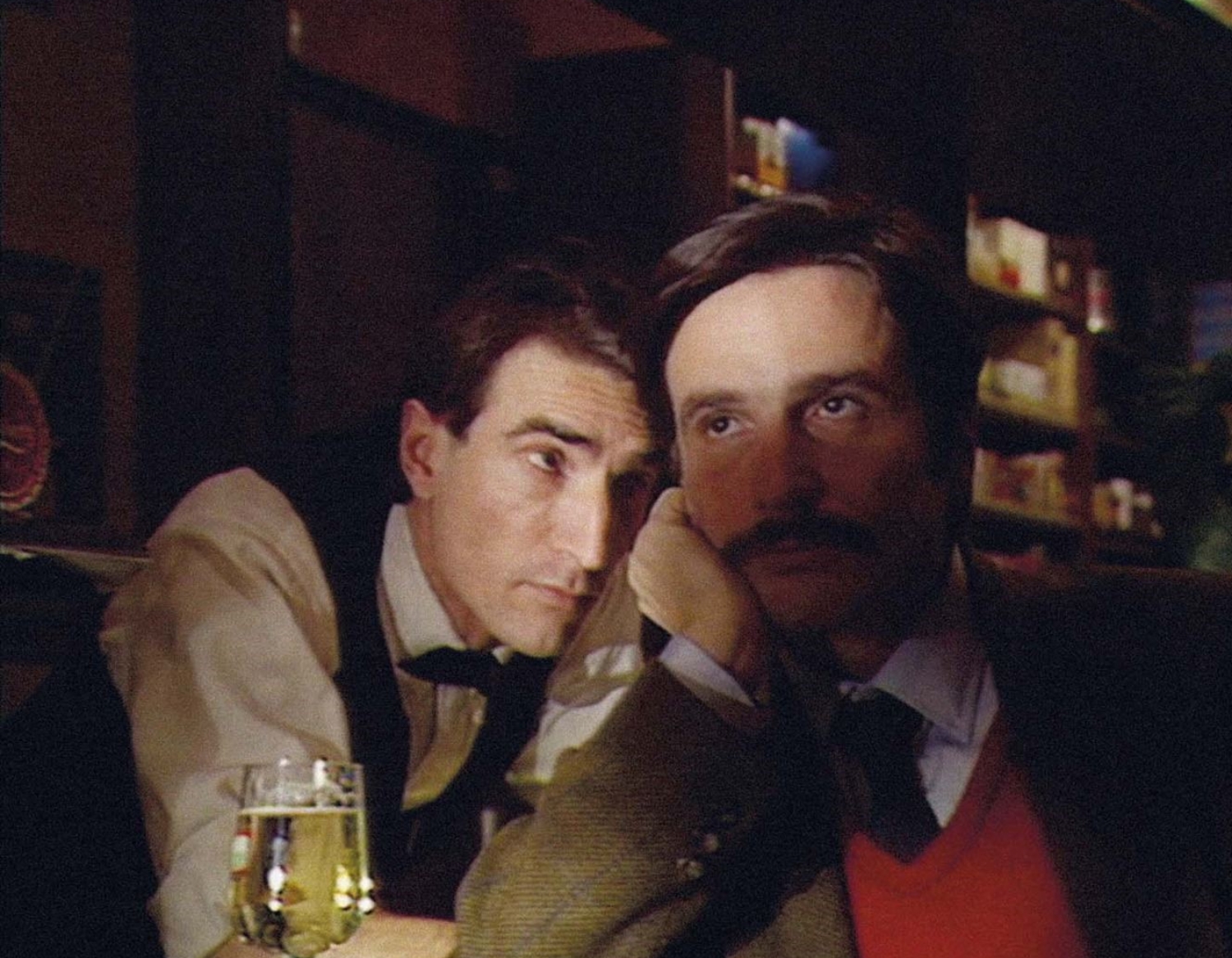
The Rise and Fall of a Small Film Company
Read more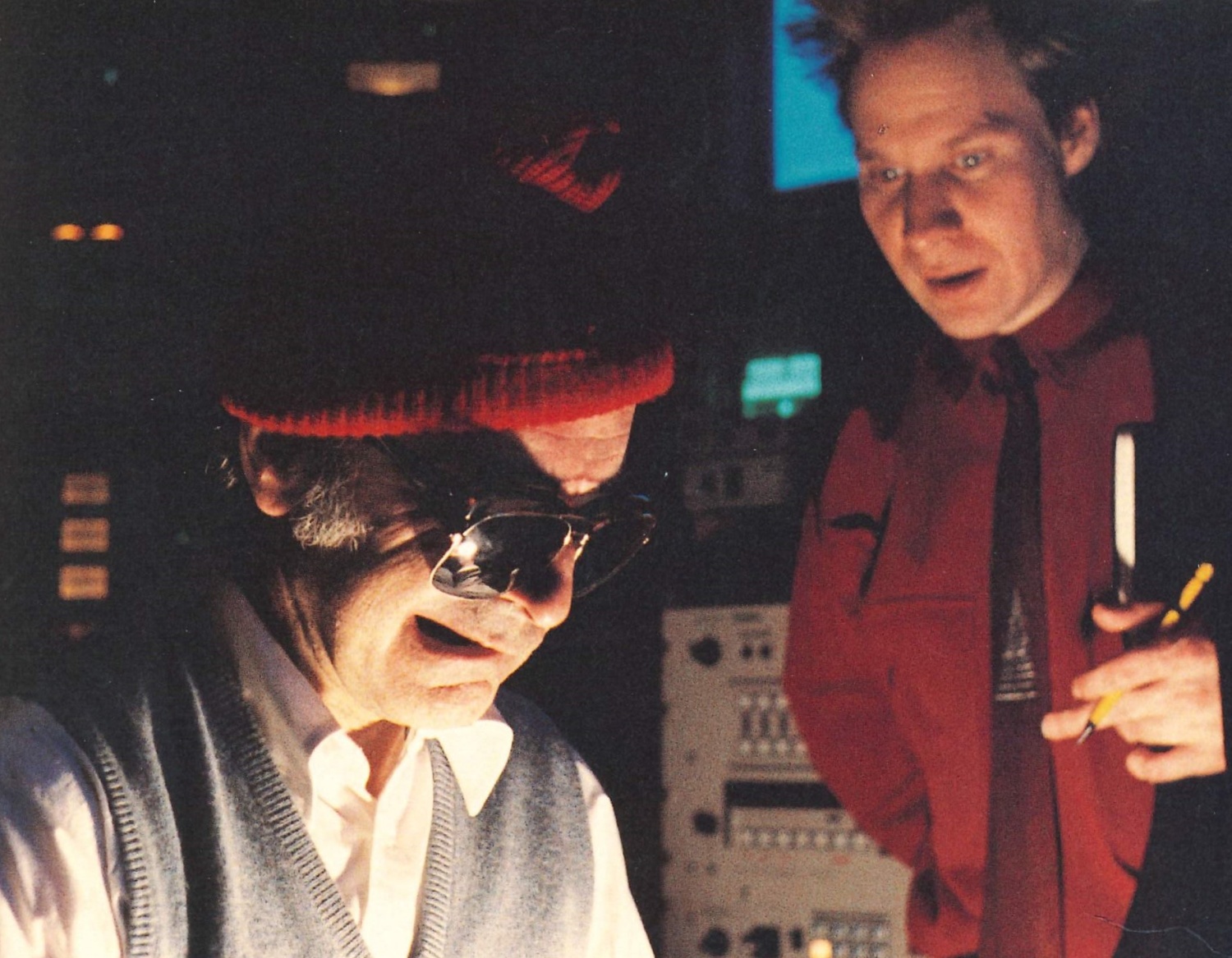
King Lear
Read more
Keep Your Right Up
Read more
New Wave
Read more
Germany Year 90 Nine Zero
Read more
The Kids Play Russian
Read more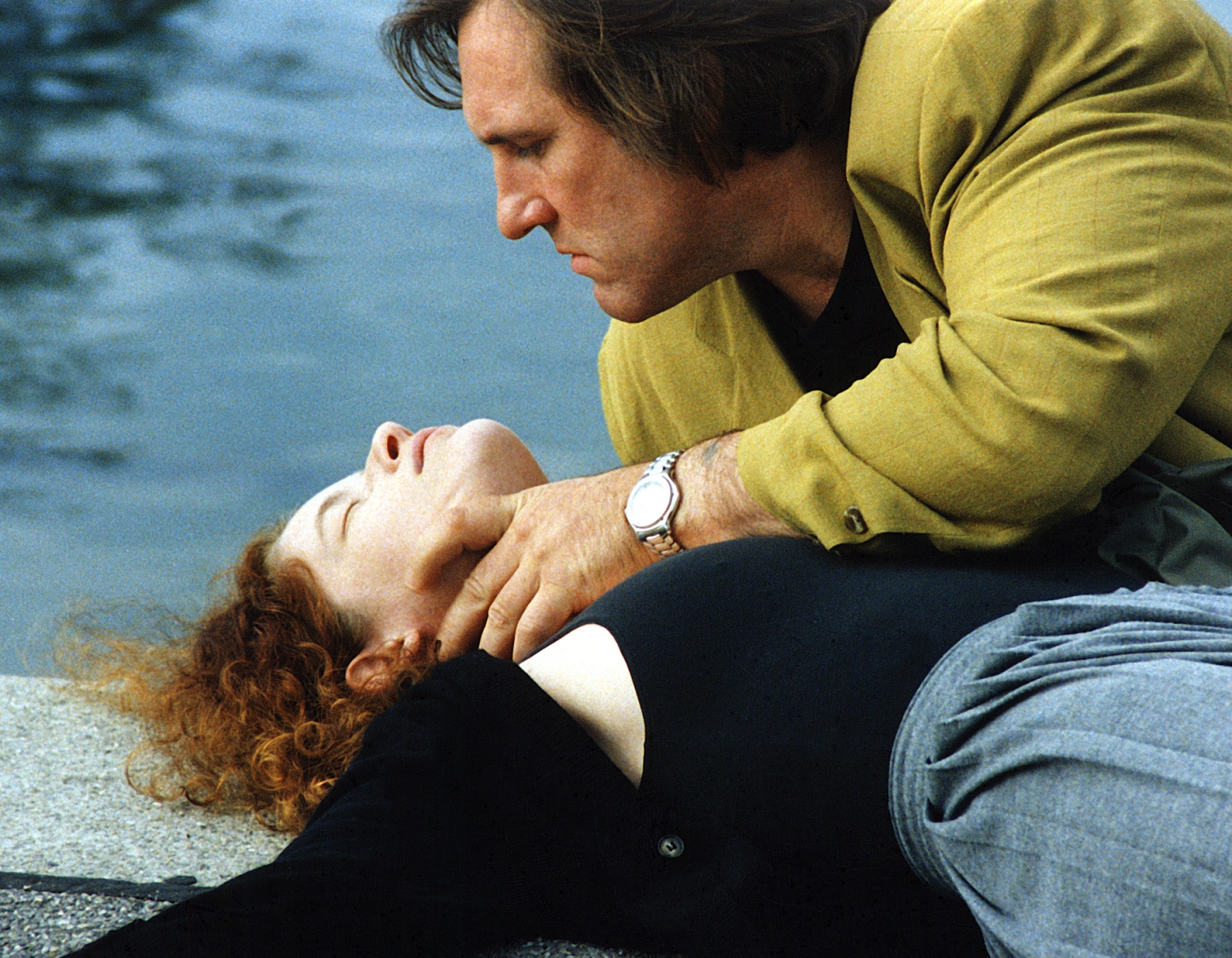
Woe is Me
Read more



